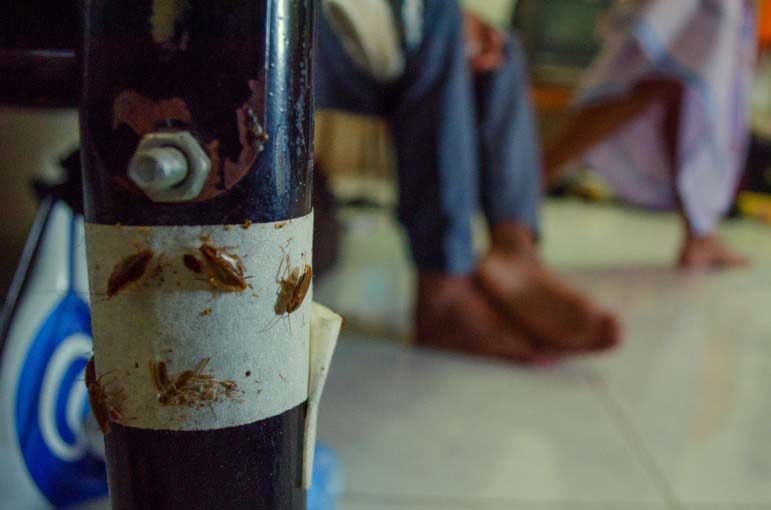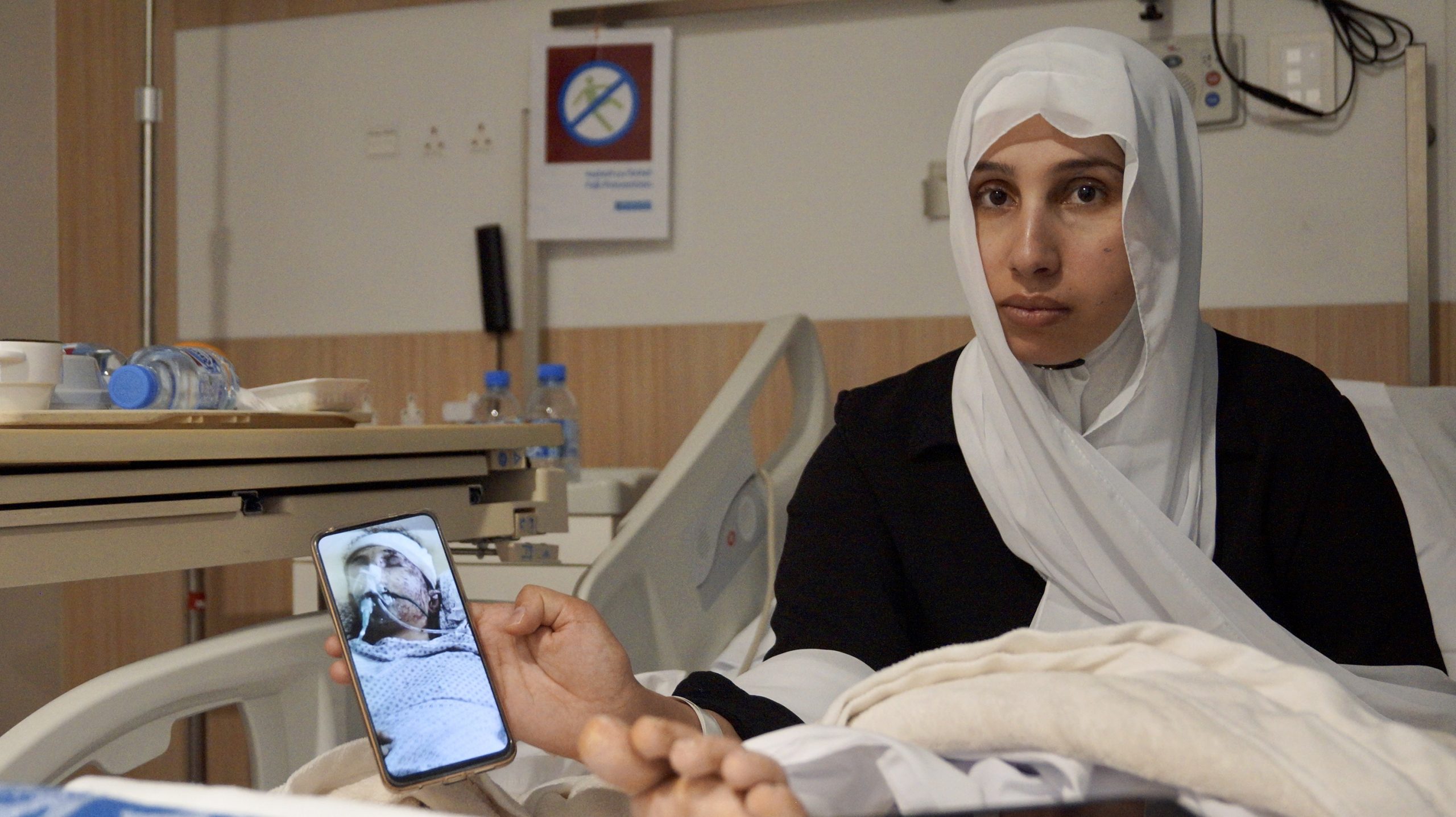
As part of ongoing efforts to improve working and living conditions of Qatar’s hundreds of thousands of blue-collar expats, the Cabinet has approved a draft decision to amend the nation’s housing law.
The proposal came from the Minister of Labor and Social Affairs (MOLSA) and would amend Law No. 17 of 2005, according to QNA.
The news agency did not go into specifics about potential changes, but the Peninsula reports that stricter conditions would be imposed to enforce worker accommodation standards.
The 2005 law states that the now-defunct Minister of Civil Service and Housing Affairs could have punished employers by suspending their “dossier at the ministry” – which presumably means putting their transactions with the government entity on hold.
But while housing standards under the current law set a high bar, they are routinely flouted by employers.
Housing problems
During a weeklong visit to Qatar in November, François Crépeau, the UN special rapporteur on the human rights of migrants, described “dump-like” conditions at many labor camps.
He said he observed overcrowding in several dwellings, many of which included bunk beds – a violation of Qatari law. In some places, bathroom facilities were “minimal,” and access to water was “problematic.”
Describing how he was forced to navigate around car parts and scrapped vehicles to enter, the rapporteur added, “This is not acceptable.”
And in 2012, Human Rights Watch documented similar conditions, saying:
“Local regulations set high standards for workers’ housing, allowing companies to house no more than four workers in the same room, banning the use of bunk beds, and requiring employers to ensure potable water, air condition, and proper ventilation in all worker accommodations.
Yet each of the six labor camps Human Rights Watch visited housed between eight and eighteen workers per room, all workers slept in bunk beds, and some workers said the did not have drinkable water in their own camp. Some said their air conditioning had been broken for weeks or months without repair despite the high temperatures, and some lived in windowless rooms that stand of mold.”
Earlier this year, authorities acknowledged there was a housing problem and pledged to build new accommodations that are up to standard.
However, the project that is closest to becoming a reality has seen a number of delays.
Barwa Al Baraha, or Worker’s City, is slated to accommodate some 53,000 expats. It was supposed to open in 2010, but is now expected to partly open this summer.
Still, when journalists were given a tour of a residential building onsite the development in February, rooms with three bunk beds could be seen, contravening the law specifying no bunk beds are allowed, and no more than four people could be housed in one room.
Other decisions
The Cabinet also further discussed new draft legislation that would require employers to pay their employees by direct deposit. According to QNA, terms of that law amendment include:
- The establishment of a division for wage protection at the department of labor inspection to ensure payments are met on time;
- Requiring employers to pay workers by crediting their wages to state banks and financial institutions within seven days of their payment due date; and
- Punishing violators by not issuing them new work permits and putting their transactions with the ministry on hold if they fail to transfer wages one month after their due date.
Thoughts?







